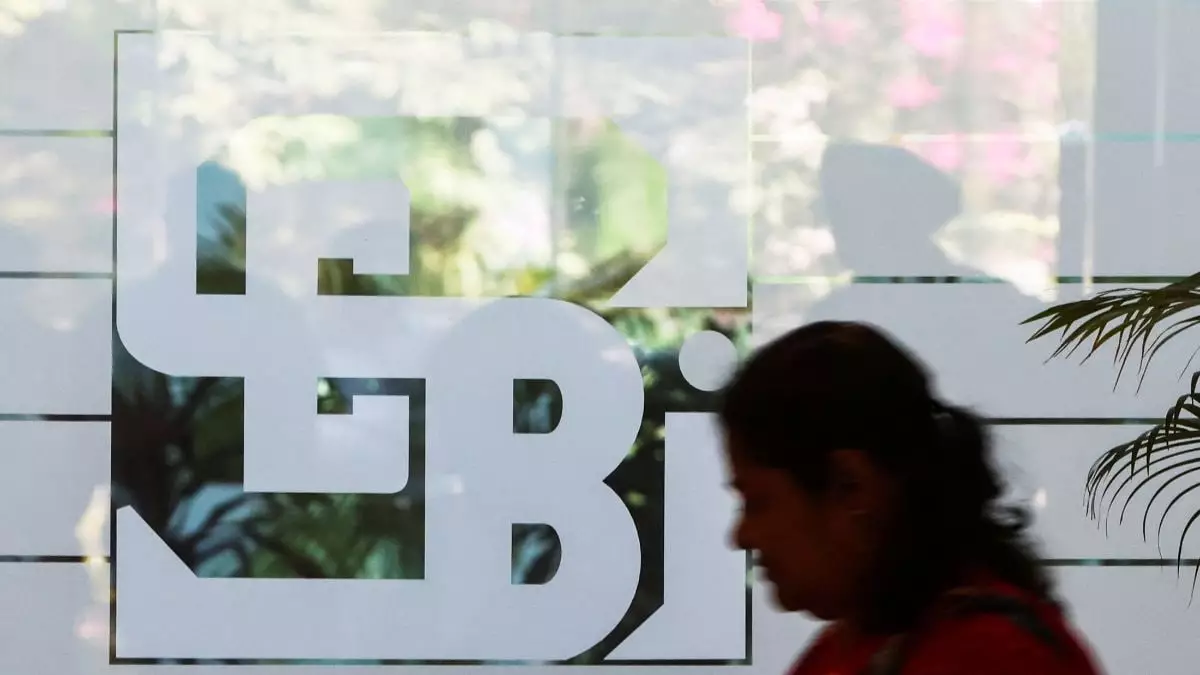The Securities and Exchange Board of India (SEBI) has recently taken proactive steps to combat the surge of fraudulent schemes proliferating on popular social media platforms. As online trading gains traction, the need for regulatory oversight becomes paramount, particularly as swindlers increasingly exploit digital channels. SEBI’s directive for registered intermediaries to register their contact details on platforms like Google and Meta signifies a major push towards enhancing accountability in the securities market. This initiative is not just timely—it’s essential for safeguarding investor interests against rampant deception.
The Dark Side of Social Media Trading
The alarming rise in financial frauds linked to securities markets has been facilitated by the very platforms that afford easy access to information and education. Scammers utilize platforms such as YouTube, Instagram, and WhatsApp to lure unsuspecting victims with promises of risk-free returns and enticing online courses. These deceptive practices often cloak themselves in the guise of legitimacy through misleading testimonials and aggressive marketing strategies. By mandating that only registered and verified intermediaries can advertise their services on these platforms, SEBI is taking a decisive stand against this menace, aiming to cleanse the market of unscrupulous operators.
Strengthening Trust Through Transparency
Transparency is a critical pillar of established financial markets, and SEBI’s latest regulations reinforce this aspect profoundly. By requiring intermediaries to create accounts and verify their identities on social media platforms, SEBI is fostering an environment that bolsters investor trust. This protocol ensures that individuals seeking investment advice or trading education engage with genuine professionals rather than impostors. Moreover, the stipulated deadline for updating contact information adds a time-bound aspect to this initiative, urging intermediaries to prioritize compliance while maintaining a sense of urgency in enhancing investor protection.
A Call for Self-Regulation
While SEBI’s intervention is commendable, it also beckons the question of self-regulation among intermediaries. The responsibility primarily lies with market participants to adhere to ethical practices and maintain the integrity of the financial markets. This initiative should serve as a wake-up call to all industry players about the necessity of safeguarding their reputation by avoiding shortcuts that can lead to indiscreet behaviors. By working collaboratively with regulators like SEBI, intermediaries can contribute towards building a more robust and trustworthy market that benefits all stakeholders involved.
The Future of Digital Advertising in Finance
As SEBI navigates these uncharted waters of digital advertising, the implications for the financial sector are profound. This initiative not only sets a precedent for other regulatory bodies worldwide but also marks a shift in how financial services will promote themselves moving forward. The need for increased vigilance against fraud must be balanced with the pursuit of innovation and efficiency in financial marketing strategies. If executed correctly, these new regulations could lead to a reimagined landscape where accountability is prioritized, and consumers are empowered with knowledge and resources to make informed investment decisions.

